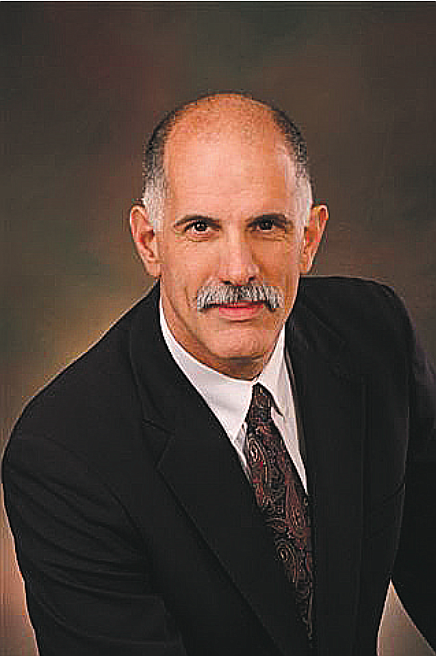COMMENTARY: The problem is the solution
Elected officials cry, “We have to DO SOMETHING!” when some problem, disaster or issue is headline news. It seems reasonable that those who have been passed the levers of power should use them to “do something” to address the current urgent need but when all you have is the hammer of government, all problems look like nails.
When laws or public policy are crafted to address what seems to be an urgent problem, the solution tends to be focused on the one issue. Unfortunately, no problem lives in isolation so any solution that addresses the problem is accompanied by a basket of other effects and many of those not only create their own new problems but they may even cancel out the original solution.
An example would be a municipality with a shortfall in revenue decides to raise sales taxes. Proponents of the tax increase calculate expected increased revenues based on linear analysis. The measure passes, taxes are increased, but revenues drop instead. Why? Markets are efficient, so, raising the sales tax made it cost effective for shoppers to travel to where the taxes are lower. Not only did the municipality lose out on the tax increase, they lost out on the entire tax.
When activists protested police brutality and called for the police to be defunded, some politicians responded to their demand. Police were defunded and the results were anything but surprising; crime skyrocketed in low income neighborhoods. You may be five times more likely to be killed, but it won’t be by the police, who aren’t there.
Prohibition made organized crime an industry and caused law enforcement budgets to balloon. After 15 years, Prohibition was repealed, but organized criminals and the agencies fighting them simply switched products from alcohol to drugs. We have spent over a trillion dollars fighting the War on Drugs with no end in sight. Imagine if just one quarter of that had been used to treat addiction and drug education. Instead of treating the source, we fight the results. Putting buckets in the living room won’t fix a leaking roof.
All of these cases, and I am sure you can think of many more, share a kind of tunnel vision that can only see the one problem and not the unintended consequences of the solution. But why is it so difficult to recognize the secondary effects and make corrections?
For the War on Drugs, it may be just inertia. We have been doing it for a century and a vast industry has formed as a result. There are too many incentives to keep the existing paradigm, and drug addicts as a group don’t have much political influence. No politician seeks the “drug addict” vote.
The problem with taxation is that it is not just about revenue. If it were, we would be taxing efficiently. Compare sales tax with income tax. Sales tax is cheap to collect, it happens continuously without an army of collectors and accountants and the rules are understandable to the average person. Income tax is expensive to collect (~15% of revenue), requires half the taxpayers to hire a specialist, needs its own government agency and features a tax code that is nearly 3,000 pages long, making it incomprehensible to any single person.
Much of that tax code exists not to raise revenues but to elicit some desired behavior. If you want to reduce something, tax it. If you want more of something, give it a tax break. The secondary effects are often not considered.
There are other reasons for ignoring unintended consequences but perhaps the most insidious one is narcissism. There are some who want to be seen as the knight in shining armor that saves the day. They are not interested in solving the problem. They just want to be SEEN as the one solving the problem.
Consider the activists calling to defund the police to “save” low income urban residents from abuse. What happened to those activists when crime rates skyrocketed? Did they say that it was a mistake and we should try something else? No. They’re not interested in the safety of others. They only seem interested in status, theirs.
Politicians are just people like us, with all our human shortcomings and flaws. They don’t get some extraordinary wisdom of analytical powers when they take office.
Before any of us support a new policy, law, or tax we should ask ourselves how things can possibly go wrong … because they will.
It’s just common sense.
• • •
Brent Regan is a Kootenai County active citizen.

